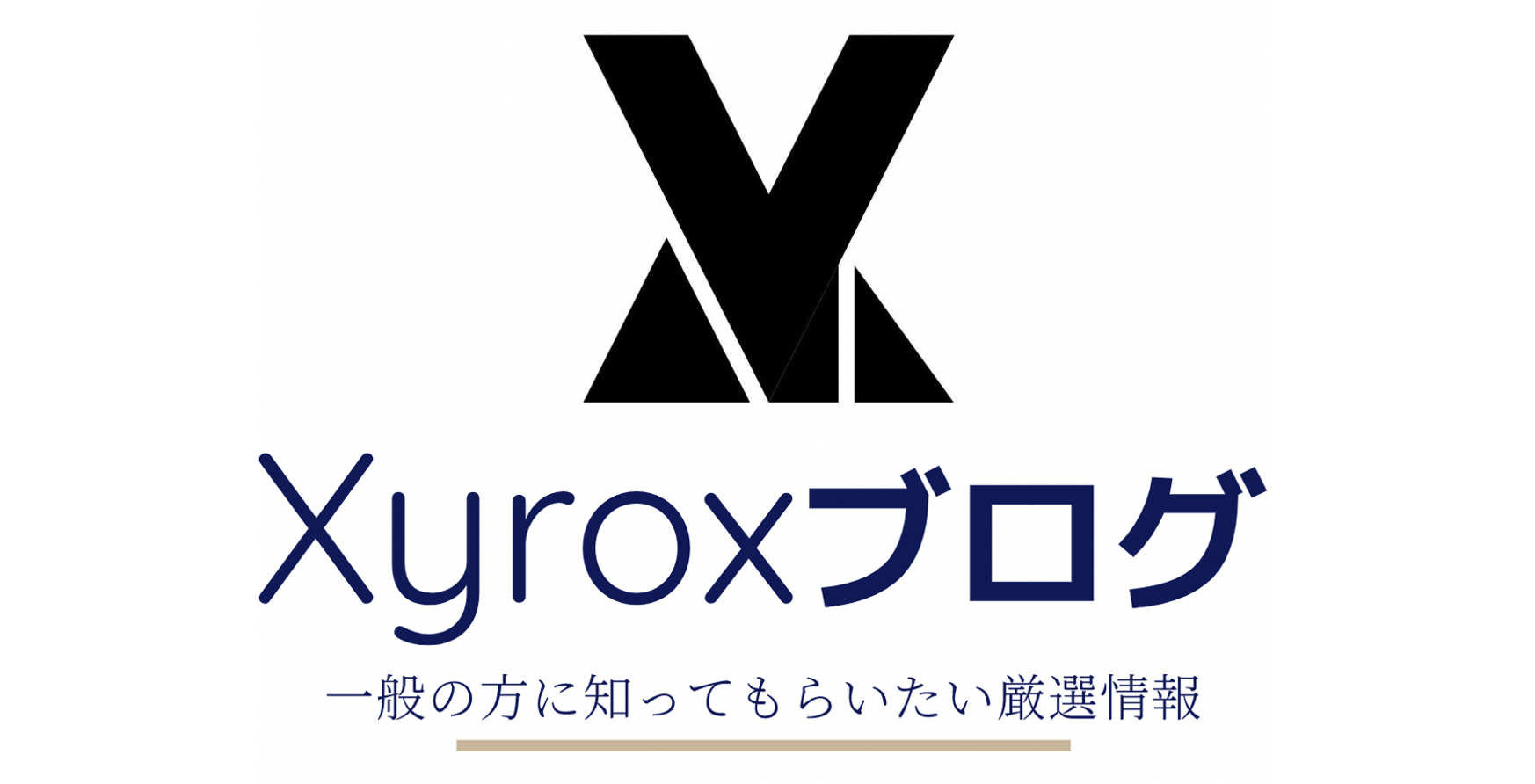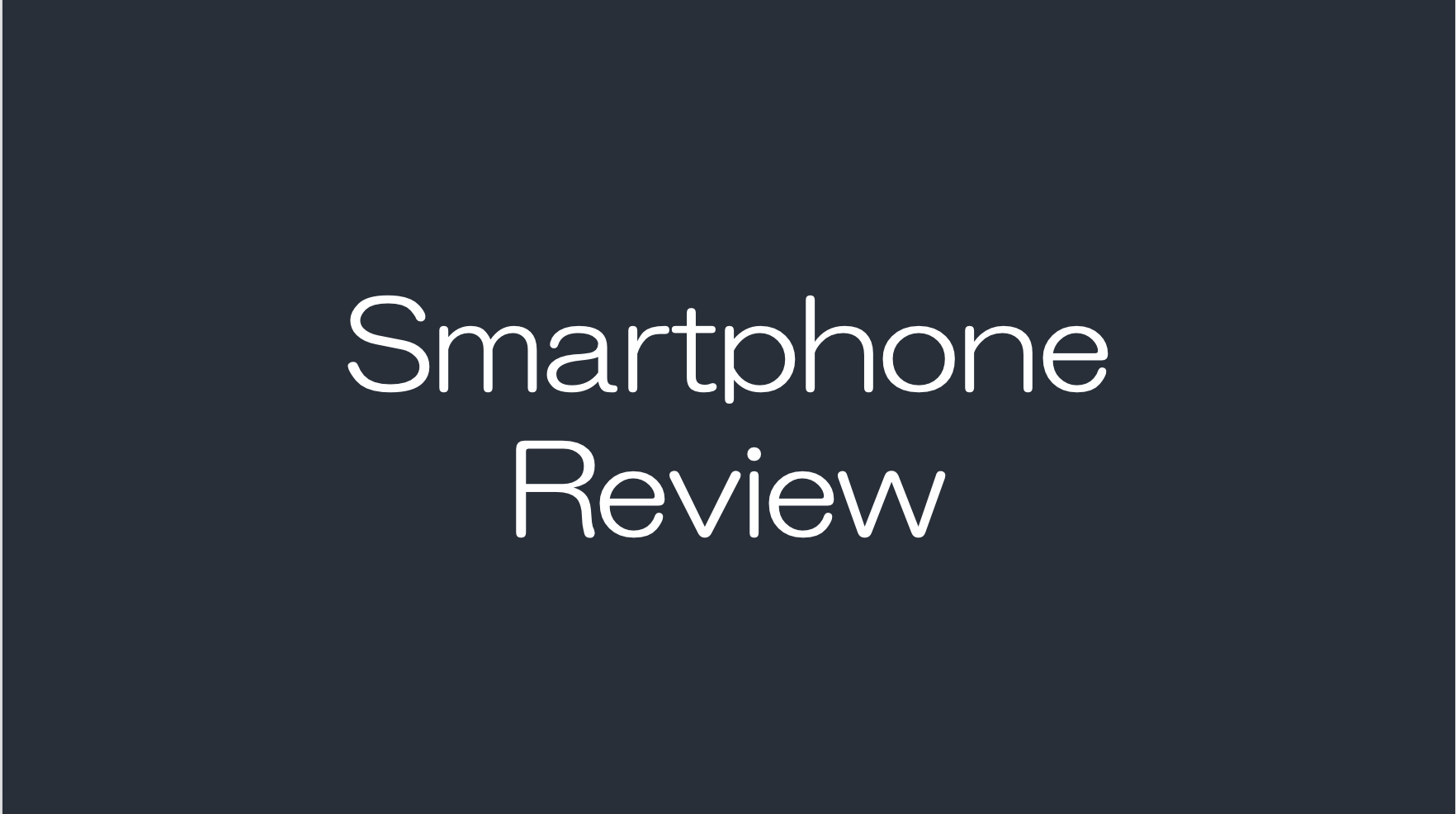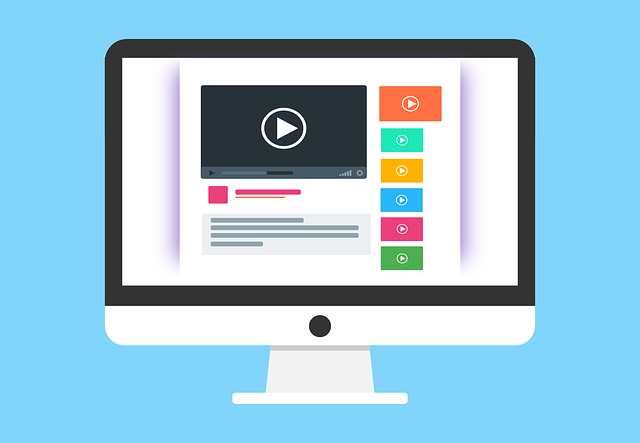Introduction
So, here it is. The new Huawei flagship has been announced in late March. The mobile giant will provide two main types of smartphones:
・P40
・P40 Pro
The P40 Pro is the beefed up P40, and it also has a large-sized brother, the P40 Pro+. Here in this article, we will look through the specifications of the P40 Pro+, and summarize not only the pros but also the cons.
Before diving into the main content, this is where I got the information for this article.
Overview
Let's look first at the characteristics of this new smartphone.
Design, Display
The design is curve-based, with a curved display used as well. Also, the refresh rate is announced to be 90Hz. That would be the norm for 2020 smartphones. Just to remind you, the refresh rate is how many times the display is re-displayed per second. The larger the number, the smoother the display becomes.
Camera
From the P20, Huawei continues to adopt Leica lenses for its cameras. The P40 Pro+ has a whopping 5 lenses in its rear camera! That will be the most lenses in a smartphone by any major smartphone manufacturer.
Both the front camera has 2 lenses(Main+ToF), which would make it easier to take high quality selfies and bokeh. Just imagine a cuboid the size of a hand that has 7 lenses. I'm kind of interested just how many lenses future smartphones will have. 10? Maybe.
It seems that they also put a lot of effort into processing photos taken with the camera, and what I found a little scary was an effect that could erase people in the background and reflections as if they had never existed. In recent years, this has been implemented in photo apps such as SNOW, but it is finally standard-equipped on smartphones.
What's Inside
The P40 Pro+ is powered by HUAWEI's original Kirin series of processors. We'll find out soon how well can it compete with SnapDragon, the king of Android processors. Also, the GPU used in thr P40 Pro+ are MediaTek's Mali series rather than Qualcomm's Adreno. The RAM is 8GB and the ROM is 512GB.
The Pros
The Powerful Camera
There's no denying this. The 5 lenses made by Leica in the rear cameras are as follows:
- Main Camera (UltraVision)
- 2x Telephoto (SuperZoom)
- Ultrawide (Cine)
- ToF
The difference with the Galaxy S20 Ultra is that the P40 Pro+ has two telephoto cameras instead of one. However, the S20 Ultra has a monstrous amount of pixels in each camera, with over 100 million pixels in its main camera and 48 million pixels in its telephoto. In the P40 Pro+, by using two cameras with different zoom levels, the telephoto is said to be able to zoom digitally up to 100x, the same as the S20 Ultra. The P40 Pro+ puts quite a bit of effort in its ultra-wide camera with a pixel count of 40 million. As always, Huawei puts focus on its cameras. (pun not intended)
What's more Huawei uniquely adopts the RYYB sensor for its image sensors, which is different from the conventional RGGB sensors. I've heard that you can take more beautiful pictures with this, but I guess we'll find that out soon by actually using it.
Fast Wireless Charging
The P40 Pro+ is capable of wireless (Qi) charging, and it's FAST. Its 40W charging blasts through faster than the Find X2 by Oppo.
It also has reverse charging. 27W is FAST as well. Charge sharing might become more familiar if it's this fast. To be honest, almost everyone uses a portable charger like Anker Powerport, so I'm not sure if reverse charging is practical, but it's still an interesting feature.
Large Space
The ROM in the P40 Pro+ is 512GB, which is one of the largest in modern smartphones. Who would need 512GB of internal space??
Also, it supports NM cards. What's that? It's a memory card the same size of nanoSIM cards. It is smaller than microSD, but Huawei is the only major company that adopts this type of storage card.
However, the NM card use up one of the dual-SIM slots, so if you're going to use dual-SIM for this smartphone, no external storage won't be an option.
What's advantageous about a large ROM Android is that you can use it as an external HDD. Even if you're a Mac user, by using the Android File Transfer app, your Android smartphone will become a HDD.
High Quality in General
With its 90Hz refresh rate, OLED display, water/dust-proof, Android 10 based MIUI10, large 4200mAh battery, it's got the basics of a high-spec smartphone. It also has an in-display fingerprint sensor and 3D face lock.
The Cons
Heavy and Thick
With its many features, the P40 Pro+ became a heavyweight. 226g is way too heavy. And a thickness of 9mm? Comparing this to the Galaxy S20 or the XPERIA 1 ii, which both has less than 8mm of thickness, most people would realize the difference.
Also, it has nothing written about using Corning's Gorilla Glass. If that's the case, this phone might be an easy one to break.
No 8K Video Recording
Video recording is up to 4K, not 8K. I know, I know, 8K videos aren't that practical with how much storage they take up. But, with Huawei and their cameras, I wished they would have this feature.
sub-6 only 5G
It seems that the P40 Pro+ isn't compatible to mmWave, the fastest 5G band. It has nothing written about 5G mmWave, so this is just an inference.
Small RAM
With its huge ROM, the P40 Pro+ made us upset with its relatively small 8GB RAM. With top-spec smartphones having 12GB, 8GB seems a bit inadequate.
Verdict
It's up to the price. If it's more pricey than the S20 Ultra or the Find X2 Pro, this would struggle. The flagship smartphones of Samsung, Oppo, OnePlus all have specs that match, or beats the P40 Pro+.
Points: 3 (Higher than Average)
Recommendation: 3/5 (Should wait for a bit longer)



コメント